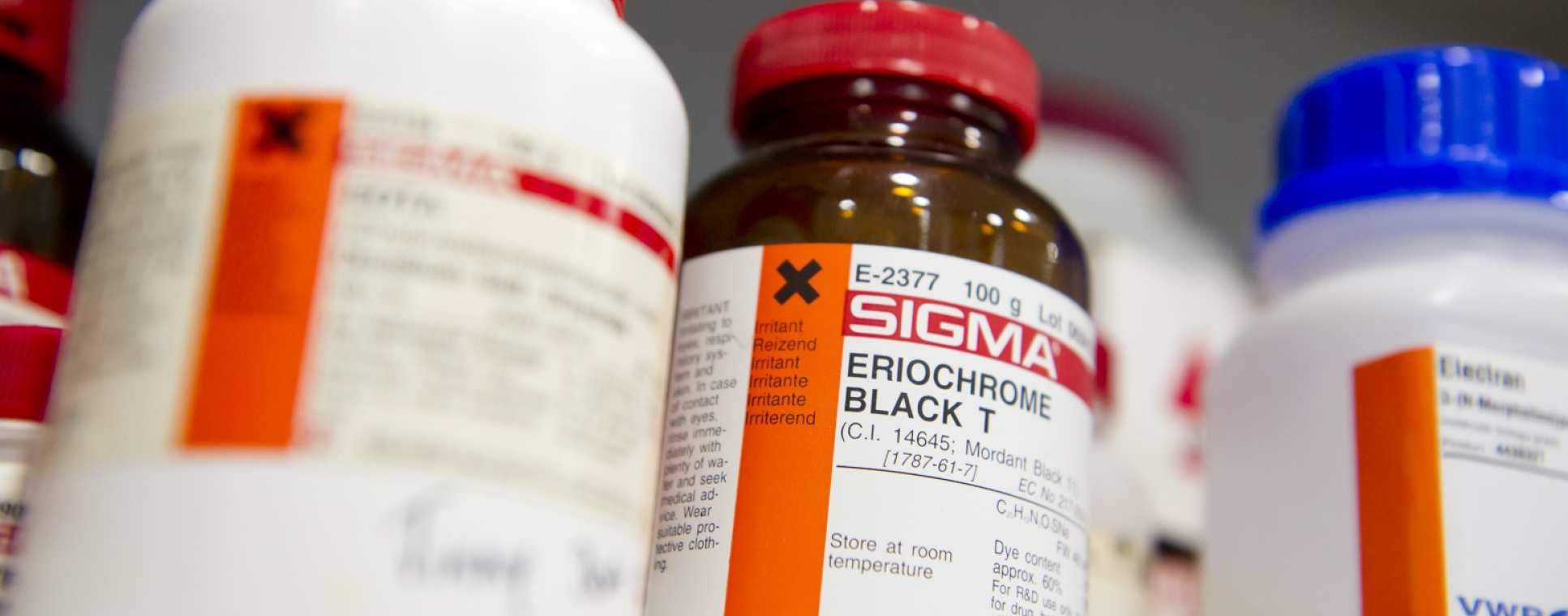Pharmacology and Therapeutics

The Centre for Pharmacology and Therapeutics is headed by Professor Martin Wilkins and is based at the Hammersmith campus. Our mission is to develop and advance new therapies for disease by drawing upon the skills of basic scientists and clinicians.
Research Themes
Pulmonary arterial hypertension is a rare disease and an unmet clinical need. It provides all the challenges typically encountered in drug development and as such offers a paradigm for translational medicine. The combined skills of the research team permit bidirectional bench-to-bedside studies.
The Hammersmith Hospital is a centre of excellence for the management of pulmonary hypertension. A long-term cohort study coupled to a biobank of many thousands of biological samples allows patient orientated research. Imperial College is a major collaborator in a national study to understand the genetic architecture of pulmonary arterial hypertension with the goal of identifying new diagnostics and therapeutics. The discovery that iron deficiency is associated with a poor outcome in pulmonary hypertension (Rhodes et al JACC 2011) has led to a BHF-funded clinical trial of iron replacement therapy.
Models of the disease are used to understand disease mechanisms and explore new therapeutics. Recent success focusing on genetic resistance to pulmonary hypertension has identified a zinc transporter that is involved in pulmonary vascular remodeling (Zhao et a Nature 2015).
The toxicology group has a long-standing interest in mechanistic toxicology (e.g. Rahman et al, 2015) and the application of such information in the risk assessment of chemicals. It is currently participating in a European collaborative project under Horizon 2020 to better understand the effects of exposure to combinations of chemicals, such as pesticides. The group is also involved in a number of international initiatives to develop novel algorithms for the risk assessment of chemicals, incorporating emerging non-animal methods, based on key events in adverse outcome pathways (Pastoor et al, 2014).
The department hosts the Toxicology Unit, funded under a contract from Public Health England and the Department of Health. The unit conducts critical reviews on topics of toxicological concern, to serve as a basis for discussion by scientific advisory committees (SACs), such as the Committee on Mutagenicity, the Committee on Carcinogenicity and the Committee on Toxicity. Topics reviewed range from the specific (dealing with an individual chemical) to the general (e.g. role of epigenetics in chemical carcinogenesis). Unit staff also provide scientific input to support policy on the regulation of tobacco products (at the Department of Health).
The toxicology group provides teaching input to a number of courses in the areas of toxicology and xenobiotic metabolism within the faculty and elsewhere in the College.
Pastoor TP, Bachman AN, Bell DR, Cohen SM, Dellarco M, Dewhurst IC, Doe JE, Doerrer NG, Embry MR, Hines RN, Moretto A, Phillips RD, Rowlands JC, Tanir JY, Wolf DC, Boobis AR. A 21st century roadmap for human health risk assessment. Crit Rev Toxicol. 2014 Aug;44 Suppl 3:1-5.
Rahman S, Housein Z, Dabrowska A, Mayán MD, Boobis AR, Hajji N. E2F1-mediated FOS induction in arsenic trioxide-induced cellular transformation: effects of global H3K9 hypoacetylation and promoter-specific hyperacetylation in vitro. Environ Health Perspect. 2015 May;123(5):484-92
Research groups and centre leadership
Centre leadership
Head of Pharmacology and Therapeutics
Professor Martin Wilkins' primary research interest is in proof-of-concept studies in humans. He uses pulmonary hypertension as a paradigm for developing novel therapies from the laboratory to patients.


